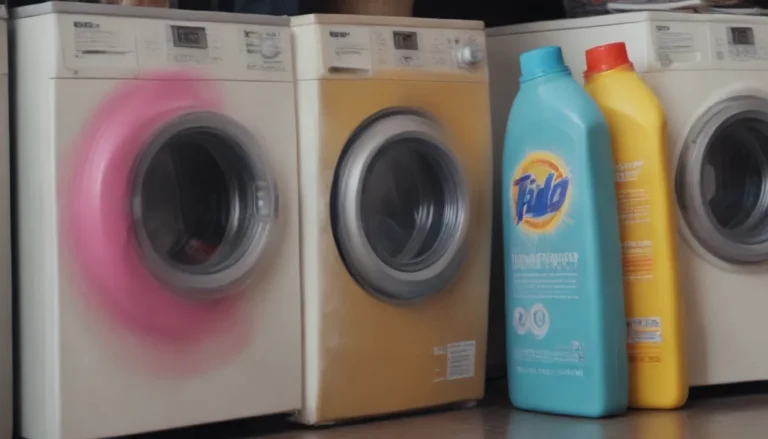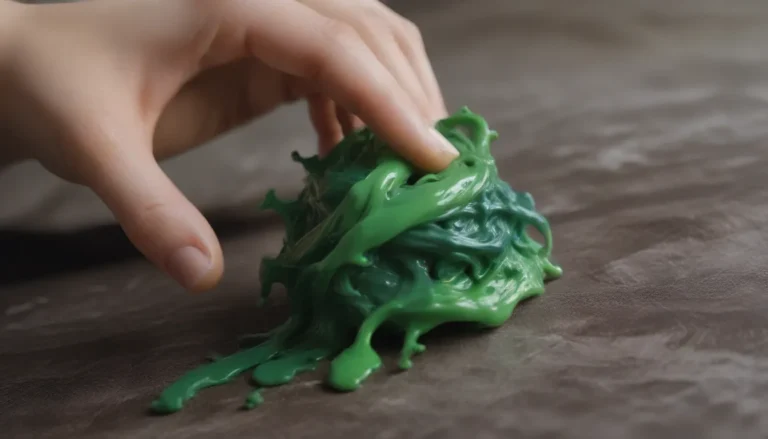A Comprehensive Guide on How to Effectively Get Rid of Mice in Your Garage

Dealing with a mouse infestation in your garage can be a frustrating and concerning issue. Mice can cause damage to your property, chew on electrical cords, leave behind droppings, and carry diseases. However, with the right strategies, it is possible to effectively rid your garage of these pesky rodents. In this in-depth guide, we will explore various methods and techniques to help you combat a mouse infestation in your garage.
Signs of Mice in a Garage
It is important to be vigilant and observant when it comes to detecting signs of a mouse infestation in your garage. Here are some common signs to look out for:
- Squeaking or rustling noises, particularly at night
- Nibble marks on wires, walls, or bags of feed
- Unusual odors, such as the smell of urine
- Holes in materials that were not there before
- Rodent nests or scratching noises
- Droppings along the edges of the room
If you suspect a mouse infestation, it is essential to act promptly to prevent the problem from escalating.
What Do Mice Look Like?
Mice are part of the Rodentia order and Mus genus, commonly infesting homes and garages in search of shelter and food. In the United States, the most well-known species of mouse is the Mus musculus, which is a brownish house mouse measuring 3 to 4 inches in length. Additionally, field mice from the Apodemus genus and deer mice from the Peromyscus genus can also infest homes, garages, or outbuildings. These rodents closely resemble house mice, with the main distinction being white bellies as opposed to a solid-colored coat.
Mice vs. Rats
Rats, such as the black rat (Rattus rattus) and brown rat (Rattus norvegicus), are another type of rodent that can pose a serious threat in garages. Black rats are typically black to light gray in color and measure 5-7 inches long, while brown rats can be brown or light gray and reach lengths of 13 inches or more. It is important to be aware that rats can cause more extensive damage compared to mice and are carriers of diseases. However, the methods for eliminating and preventing rats are similar to those used for mice, with the primary difference being the use of larger and stronger traps for rats.
5 Effective Ways to Get Rid of Mice in the Garage
When it comes to eradicating mice from your garage, there are various methods you can employ. Here are five common strategies that have been proven to be effective:
1. Spring Traps
Spring traps are a simple yet effective solution for catching mice in your garage. These traps utilize a bait tab that triggers a spring-metal bar to snap down on the rodent when it applies pressure while feeding. It is important to check the traps frequently and dispose of any captured mice promptly to prevent unpleasant odors.
Tip: Peanut butter is an excellent bait substance for spring traps. Place the baited trap near areas where mice frequent, such as nesting sites or excrement droppings.
2. Sticky Traps
Sticky traps consist of a very sticky wax-like substance that captures mice when they wander onto the adhesive pad in search of food. While some may consider sticky traps more humane than spring traps, mice can remain trapped for hours and may even injure themselves while attempting to escape. It is crucial to handle any trapped mice carefully, as they will need to be disposed of appropriately.
3. Live Traps
If you prefer not to harm the mice, live traps offer a humane alternative for catching them. These traps typically bait the rodent to enter and then trigger a door or hatch to close, trapping the live mouse inside. However, you will need to decide what to do with the captured mouse, as releasing it in a residential area or the countryside may not be the most effective solution.
4. Rodent Bait
Various poisons can be utilized to kill mice in your garage. However, it is important to exercise caution when using rodent poisons, as they can be harmful to pets, children, and other wildlife that may come into contact with them. Additionally, rodent bait may not be the best choice for eliminating mice in your garage due to the potential risks associated with these substances.
5. Keep a Cat or Dog
Having a cat or dog that is an effective hunter can help in controlling mice in your garage. While not all domestic pets are skilled at catching mice, certain breeds of cats and dogs, such as terriers, are natural hunters and can be valuable allies in managing rodent infestations. By allowing your pet hunting time in the garage, you may deter mice from taking up residence in your space.
What Causes Mice in a Garage?
Mice are attracted to garages due to their abundance of hiding spots, food sources, and easy access through cracks and crevices. A typical garage provides an ideal environment for mice to thrive, making it essential to take preventive measures to deter them from entering and nesting in your space.
How to Prevent Mice in a Garage
Preventing mice in your garage involves a combination of strategies aimed at denying them nesting areas, eliminating food and water sources, and sealing off entry points. Here are some tips to help prevent mice from infesting your garage:
- Trap or bait any existing mice in the garage
- Declutter the garage and seal any holes or cracks
- Conduct ongoing seasonal efforts to deter mice, especially during colder months
- Maintain cleanliness and proper storage of food items
- Implement effective rodent-proofing measures, such as installing door sweeps and sealing gaps in walls
By taking proactive measures to prevent mice from entering your garage, you can reduce the likelihood of a mouse infestation and minimize potential damage to your property.
Additional Tips and Considerations
- Mice can enter your garage through various entry points, so it is essential to seal off any potential openings to prevent their access.
- While mice are more likely to seek shelter in garages during the fall, they may remain in your space if it provides a suitable environment for them.
- Contact with mouse droppings poses a greater risk of disease transmission than bites from mice.
- Professional extermination services may be necessary for severe or persistent mouse infestations in your garage.
In conclusion, dealing with a mouse infestation in your garage requires a proactive approach and a combination of effective strategies to rid your space of these unwanted pests. By implementing the methods outlined in this guide and taking preventive measures to deter mice from entering your garage, you can create a rodent-free environment that is safe and secure for you and your family.
Remember, early detection and intervention are key to successfully managing a mouse infestation in your garage. By following the tips and recommendations provided in this guide, you can effectively combat mice and maintain a clean and pest-free garage.





